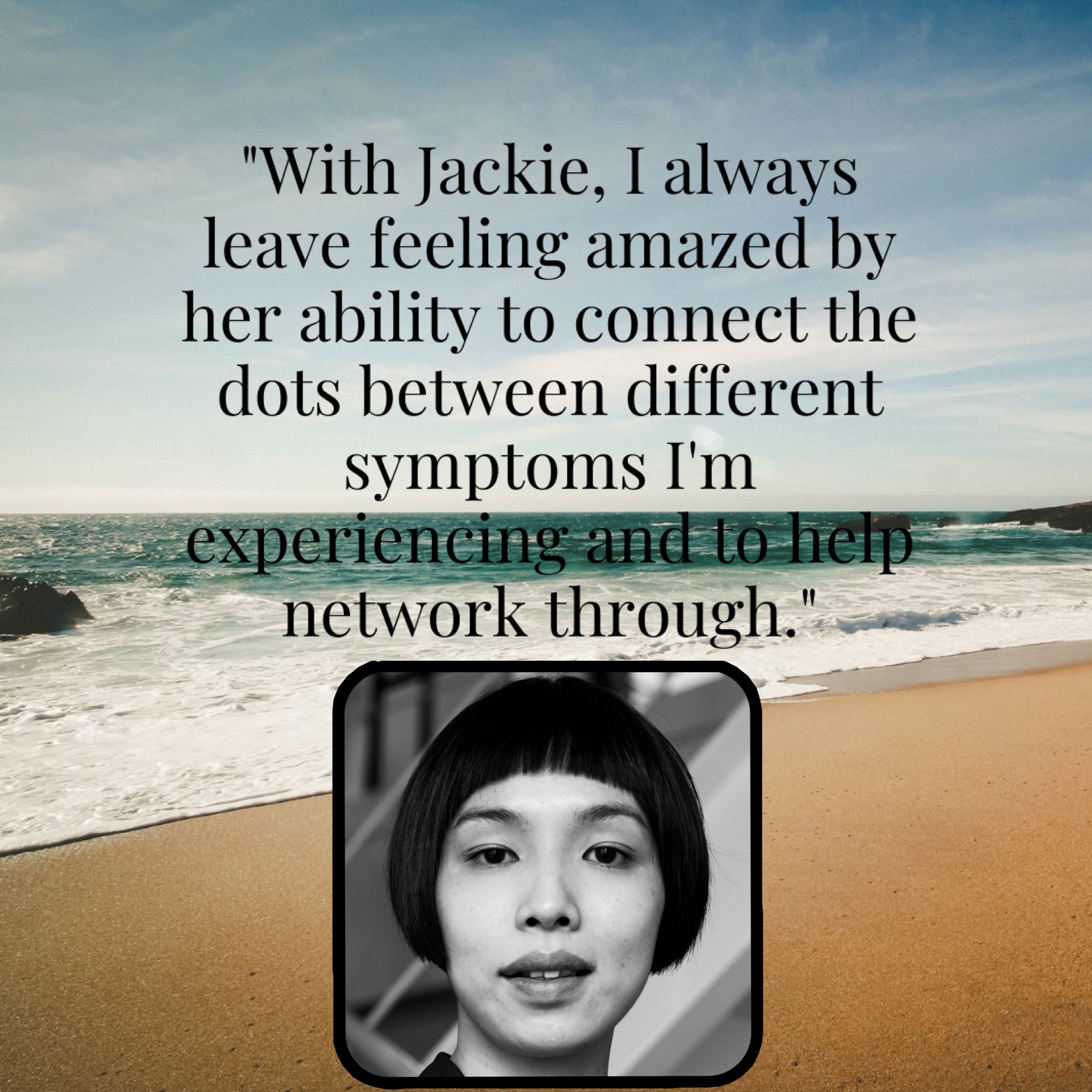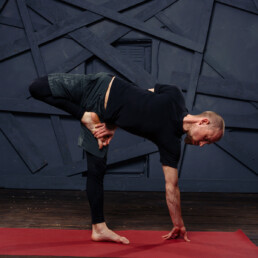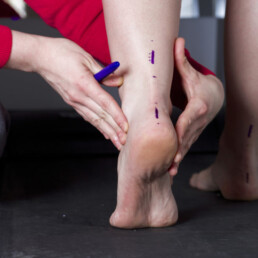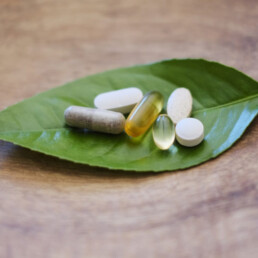 I am writing this blog on the tail-end of my period. My first period for five years, and my first menstrual bleed since September 2018. I was elated, overwhelmed and so happy when I saw blood on the toilet paper, that I texted a host of messages to my close friends and felt a great sense of relief and joy!
I am writing this blog on the tail-end of my period. My first period for five years, and my first menstrual bleed since September 2018. I was elated, overwhelmed and so happy when I saw blood on the toilet paper, that I texted a host of messages to my close friends and felt a great sense of relief and joy!
There’s a story to tell about missing periods, and I will get into that one day. Today, I want to dive into the monumental difference between “My First Period Ever” (MFPE) and Period 2020. These two experiences are literally at opposite ends of the spectrum.
When I got MFPE, I was eleven years old and away at camp. Someone else pointed it out to me. I had the vaguest idea as to what was going on, and I had cramps. The next few periods were as uncomfortable, but I was getting better at waddling around with what felt like 3 pairs of socks lining my pants. I decided periods were awful, “being a woman” sucked, and hoped that everything would just go away. I was 18 before I discovered that Premenstrual Stress was real. Prior to that I chalked the mood swings and irritability up to “being a woman”. I knew nothing of cycles, so I resented my body, this thing capable of unpredictable blood-red treachery. I watched my mother go through perimenopause. It was predictably awful. It made her already volatile temper incandescent. A super volcano of rage. No one was immune. I decided there and then, that “Being a woman” really, really sucked!
 20 years on from MFPE, I want to throw a little celebration for Period 2020. I made a chocolate mousse and bought myself some flowers. Quite a change! And it all comes down to education and body literacy. I know NOW, that having a menstrual cycle is vital for growth, health and happiness. I know that a healthy menstrual cycle is important for things other than making babies and I hope that the sharing of my experiences can help you too. Here are some things that I wish I had known:
20 years on from MFPE, I want to throw a little celebration for Period 2020. I made a chocolate mousse and bought myself some flowers. Quite a change! And it all comes down to education and body literacy. I know NOW, that having a menstrual cycle is vital for growth, health and happiness. I know that a healthy menstrual cycle is important for things other than making babies and I hope that the sharing of my experiences can help you too. Here are some things that I wish I had known:
Hormonal Health:
Estrogen and progesterone are the two main hormones of the menstrual cycle. There are receptors for these hormones all over the body, which means that their effects are widespread.
 Bone health:
Bone health:
The surge of estrogen (E) and progesterone (P) during puberty is vital for building and maintaining strong bones. Females are classically more prone to osteoporosis around menopause, and that is largely due to permanently decreased levels of E and P. Not all females over the age of 70 fracture their ankles stepping off the pavement- which shows that if we maximise our chance of creating bone density during puberty-early 30s, we can look forward to being mobile and strong as we age. Every year of not having periods results in a 2% decrease in spinal bone density!
Muscle strength:
We build muscle too during puberty, and estrogen is key in driving this.
Immune system:
Females have a stronger immune system-as we can see from the data from the COVID-19 pandemic. It’s also why we don’t get manflu.
Cardiovascular Health:
Heart disease is one of the top killers of females globally, typically in post-menopausal years. Estrogen keeps blood vessels pliable (which means blood pressure is in a healthy range) and prevents oxidative stress.
 Sex drive:
Sex drive:
Estrogen is key in maintaining a healthy sex drive.
Vaginal health:
Can we all take a moment to recognise the importance of lubrication? Estrogen ensures that our mucosal surfaces are well-lubricated. This is important for comfort (Amen!) and protection, as vaginal fluid also contains antibodies. The natural acidicity of our vaginas is maintained by estrogen, which creates an environment for beneficial microorganisms to flourish (#ladygarden).
Skin:
Estrogen promotes collagen turnover, wound healing and barrier function. Essentially, it keeps us looking good. And it’s cheaper than Augustinus Bader.
Sleep:
Estrogen actually interferes with melatonin (the sleep hormone). Progesterone is the yin to estrogen’s yang, and balances out this effect to promote deep, restful sleep. The production of progesterone can only happen with ovulation. Without this, it is quite common to have sleep issues in the latter half of your menstrual cycle.
Energy levels:
Our hormonal levels fluctuate in a cyclical pattern in line with our menstrual cycle. There will be times of the month when you have more energy than a nuclear reactor, and other times when you prefer to withdraw for quality alone time. Period Power by Maisie Hill divides the cycle into the four seasons, an analogy that I enjoy. https://www.maisiehill.com/blog/the-four-seasons-of-your-menstrual-cycle
If you decide to chart your cycle, you will begin to notice how your seasons change, and maybe begin to be able to plan your activities accordingly.
Perimenopause:
Having a healthy menstrual cycle sets us up for an easy transition into perimenopause and beyond. We have lovely strong bones and a great relationship with our bodies. It becomes easier to predict when hormonal fluctuations may happen when we have a strong awareness of our beings, and the compassion to accept any unexpected events. Many of the dreaded symptoms of menopause are due to overly fluctuating levels of hormones, compounded by fear of the unknown (the body), and the ageist society that we inhabit.
 See? Periods aren’t just a messy thing to deal with every month. They are also a sign that everything is working as it should, like the indicator species in an ecosystem.
See? Periods aren’t just a messy thing to deal with every month. They are also a sign that everything is working as it should, like the indicator species in an ecosystem.
What is your relationship with your period? What do you wish you had known when you had your first period ever? It’s never too late to start developing menstrual health.
Knowing your normal is a little piece I wrote on what a normal period should be like, and is helpful to know when to get help and when the weirdness is actually, well…………normal!
There are some amazing resources for you to read if you want to find out a little more on this topic:
- Period Power by Maisie Hill
- Heavy Flow: a Podcast by Amanda Laird
- CeMCOR Center for Menstrual Cycle and Ovulation Research, founded by Jerrilyn Prior has a great website
- Our Bodies Ourselves by Laura Wershler
- Taking Charge of Your Fertility by Toni Weschler
Jackie is a resident Osteopath and our Female Health specialist here at Evolution Rehab. If you are interested in finding out some advise about how to help with some Menstrual Health issues, or find out about hips Jackie can help you with your health in general, feel free to contact Jackie at evorehab@gmail.com. Better still, why not book a consultation with Jackie directly via our website (evolutionrehab.com) and take those steps to moving better, feeling healthier and having more energy back into your life again.



